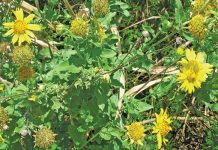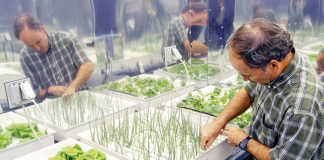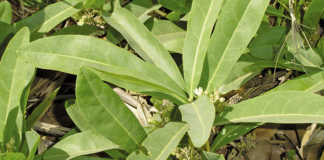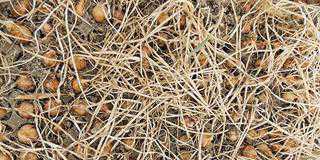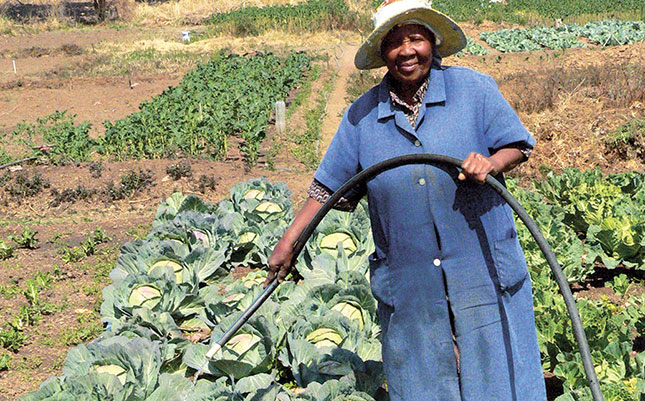
We all need to save water, so here are some tips on when and how long to water your plants:
- Fully established trees should survive without any extra water in normal rain cycles. In long dry periods, watering is needed.
- Watering will depend on the soil type. Sandy soils don’t hold water well and dry out quickly, whereas clay soils hold water well and need watering less frequently. Clay soils can also hold too much water and become waterlogged. Loam soils are ideal as they have the right balance of water retention and drainage.
- If you use sprinklers, the type of sprinkler will affect the time it takes to water your crops. Slow delivering drippers can take hours to water a section, while a high volume hose can fill a tree’s water basin in seconds.
- Fruit trees require watering to help set and form fruit. But once they’re well-formed, over-watering will cause the fruit to lack flavour and even split.
READ Why cabbage should be your first choice
- Deciduous fruit trees shouldn’t be watered in winter to prevent early development and frost damage. But as soon as they start blossoming, they’ll need good watering to lengthen the pollination period, because this keeps the blossoms on the tree as long as possible.
- The longer the blossoming period, the better the chance of proper pollination. Trees need large amounts of water to moisten the soil profile all the way down at first, so don’t be hasty in watering.
- Water well after fertilising to soak the fertiliser into the soil and to lessen the effect of fertiliser “burns” that might occur.
- During early spring, watch for new growth. The fresh leaves are very sensitive to wind and heat damage. During these periods, extra water is needed. Water at night to cut down on water loss, due to evaporation.
- Water plants immediately after planting them. Thoroughly wet the soil around the roots and moisten the leaves with a fine spray. This will ensure the plants have the correct conditions for rapid establishment.
Source: Water Wise by Rand Water.



